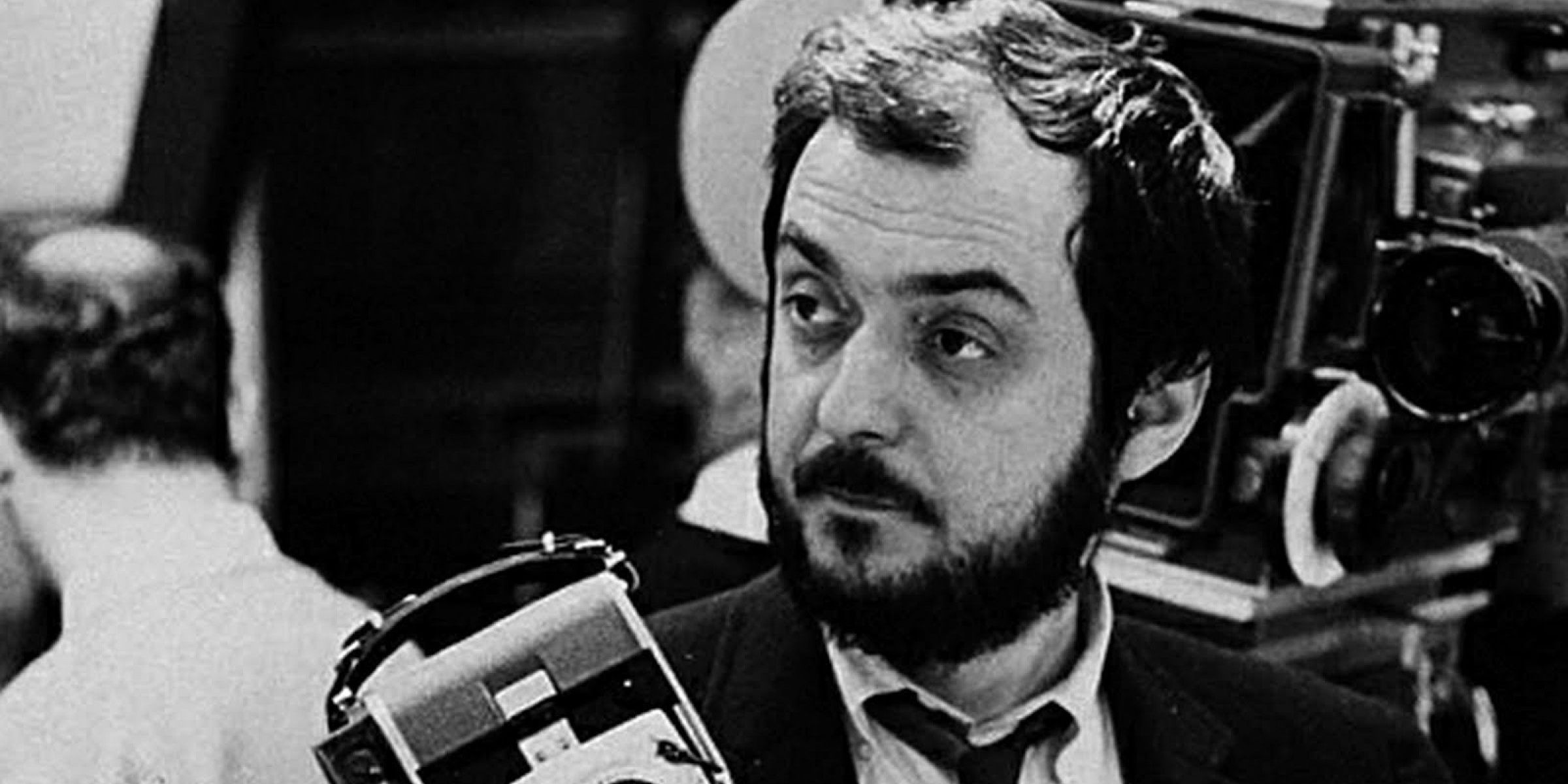Henry Cavill’s plans for a Warhammer TV series are seriously exciting for fans of the long-running multimedia franchise, but few are aware that the property nearly made its big-screen debut long before Cavill became involved, courtesy of legendary director Stanley Kubrick. While most casual observers have a passing familiarity with Warhammer thanks to the miniature figurines, the Warhammer universe is vast. Encompassing everything from video games to literature, there is a wealth of lore that makes it one of the most immersive IPs anywhere. As such, it’s unsurprising that there have been multiple attempts to bring the story to life.
While Warhammer movies and TV shows have been talked about for decades, one of the more surprising proposals came from Stanley Kubrick. The American director, whose back catalog includes some of the most celebrated and revered releases in movie history, was famous for seeking creative inspiration from wherever he could, getting ideas from the most unlikely sources. As it turns out, one of Kubrick’s many abandoned projects concerned the Warhammer world, creating one of the great “what if?” moments in movie history.
Stanley Kubrick Considered Making A Warhammer Film
What It Was About
Although projects like 2001: A Space Odyssey, Dr. Strangelove, and The Shining have become almost totemic for cineasts, Stanley Kubrick’s legend has arguably been enhanced just as much by the movies he didn’t make as the ones he completed. His unmade Napoleon biopic, for instance, has been labeled “the greatest movie never made“, while he abandoned his Holocaust movie Aryan Papers after the success of Schindler’s List. These unrealized visions are typically Kubrickian in their scope and scale. However, Kubrick’s theoretical Warhammer movie was perhaps just as ambitious.
The idea began courtesy of Kubrick’s collaboration with science-fiction writer Ian Watson. The two were working together on a script for A.I. – another incomplete Kubrick movie that was eventually made by Steven Spielberg. A prolific author, Watson worked closely with Kubrick and is credited with creating the story for A.I. Artificial Intelligence. In a blog detailing the pair’s partnership, Watson revealed details about Kubrick’s chaotic creative process, in which he would take inspiration from any source (per Plumbing Stanley Kubrick).
Amid their
A.I.
brainstorming, Kubrick demanded a pre-publication copy of Watson’s novels, indicating his interest.
It just so happened that, in addition to his other science fiction work, Watson is also the author of a trilogy of novels set within the Warhammer 40,000 setting. Dubbed the Inquisition War trilogy, the early 90s books concern the Imperium and their constant war against Chaos – constituting the first Warhammer 40,000 literature. Amid their A.I. brainstorming, Kubrick demanded a pre-publication copy of Watson’s novels, indicating his interest. To make things even more tantalizing for fans, he even told Watson, “Who knows, Ian? Maybe this is my next movie.”
Stanley Kubrick’s Unmade Warhammer Project Would Have Been A Game-Changer
It Would Have Transformed Warhammer And The Director
Despite Kubrick’s apparent interest in the Warhammer 40,000 setting, his partnership with the story’s author, and his tease that he may consider making a movie about it, the project clearly never came to fruition. However, had it happened, the effect would have been transformational. For one thing, Kubrick’s involvement would have immediately brought a popular, yet undeniably niche pastime to the forefront of public consciousness. Kubrick has created some of the most influential movies of all time, so to have him lead a Warhammer movie would definitely have raised the franchise’s profile.
The added intellectual prestige that someone like Kubrick could have brought would surely only have helped the sci-fi setting expand further, perhaps turning it into a property capable of rivaling the likes of
Star Wars
and the MCU.
In the years since Kubrick abandoned any ideas for his Warhammer film, the 40,000 setting has only grown more complicated. Dozens of novels, games, figurines, and accompanying content have been released, creating a rich tapestry beloved by millions worldwide. The added intellectual prestige that someone like Kubrick could have brought would surely only have helped the sci-fi setting expand further, perhaps turning it into a property capable of rivaling the likes of Star Wars and the MCU.
The project would also have had a profound impact on Kubrick himself. Unlike many contemporaries, Kubrick’s work has always been marked by its singularity and definitiveness. He never made a sequel and only one of his movies (2001: A Space Odyssey) ever received a direct follow-up. Warhammer would have been very different. The sheer scope of the Warhammer world would have invited a series of interconnected stories, potentially pushing Kubrick into new, franchise-building territory. This makes the idea even more intriguing, given how it would have challenged one of the greatest directors of all time.
Why Kubrick’s Warhammer Never Happened
It Was Never Likely To Work
As exciting as a Stanley Kubrick-made Warhammer film is, the disappointing truth is that the chances of it happening were always slim. While his comment to Watson about it potentially being his “next movie” seems to indicate genuine interest, Kubrick had always been a creative magpie. His eclectic process, encompassing art, literature, and music from all sorts of weird sources, has been well-documented – as has his propensity to work ferociously on a project, only to abandon it and move on to the next mission.
Perhaps the best example of this is the fact that A.I., which Kubrick and Watson were allegedly working on when the Warhammer movie was discussed, was only made after the director’s death. If his main center of attention took this long to see the light of day, it was always a long shot that another project – especially one as complicated as Warhammer – would come to pass. Still, the fact that Stanley Kubrick came relatively close to making a Warhammer movie at all makes this a fascinating moment in both the filmmaker’s and the franchise’s histories.
Sources: Ian Watson; Plumbing Stanley Kubrick
